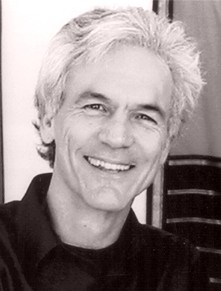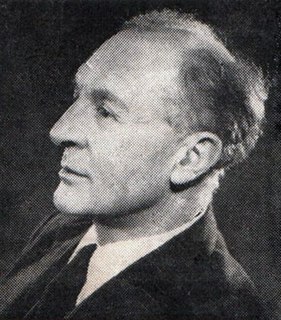A Quote by Eric Hoffer
Compassion alone stands apart from the continuous traffic between good and evil proceeding within us.
Quote Topics
Related Quotes
In the alchemy of man's soul almost all noble attributes- courage, honor, love, hope, faith, duty, loyalty, and so on - can be transmuted into ruthlessness. Compassion alone stands apart from the continuous traffic between good and evil proceeding within us. Compassion is the antitoxin of the soul: where there is compassion, even the most poisonous impulses remain relatively harmless.
This is a world of good and evil. Wherever there is good, evil follows, but beyond and behind all these manifestations, all these contradictions, the Vedanta finds out that Unity. It says, "Give up what is evil and give up what is good." What remains then? Behind good and evil stands something which is yours, the real you, beyond every evil, and beyond every good too, and it is that which is manifesting itself as good and bad. Know that first, and then and then alone you will be a true optimist, and not before; for then you will be able to control everything.
For a lot of people, Superman is and has always been America's hero. He stands for what we believe is the best within us: limitless strength tempered by compassion, that can bear adversity and emerge stronger on the other side. He stands for what we all feel we would like to be able to stand for, when standing is hardest.
The line separating good and evil passes not through states, nor between classes, nor between political parties either - but right through every human heart - and through all human hearts. This line shifts. Inside us, it oscillates with the years. And even within hearts overwhelmed by evil, one small bridgehead of good is retained.
In contrast, compassion manifests in us as the offering of kindness rather than withdrawal. Because compassion is a state of mind that is itself open, abundant and inclusive, it allows us to meet pain more directly. With direct seeing, we know that we are not alone in our suffering and that no one need feel alone when in pain. Seeing our oneness is the beginning of compassion, and it allows us to reach beyond aversion and separation.
The human being is that space in which the comprehensive compassion that pervades the universe from the very beginning now begins to surface --within consciousness. (As compared with the natural displays of compassion by other creatures that is not necessarily 'within consciousness. ') That's the only difference. We didn't create compassion, but it's flowing through us-or it could. The phase change that we're in seems, to me, to depend upon that comprehensive compassion unfurling in the human species.
Thus, then, stands the case. It is good, that authors should be remunerated; and the least exceptionable way of remunerating them is by a monopoly. Yet monopoly is an evil. For the sake of the good we must submit to the evil; but the evil ought not to last a day longer than is necessary for the purpose of securing the good.





































